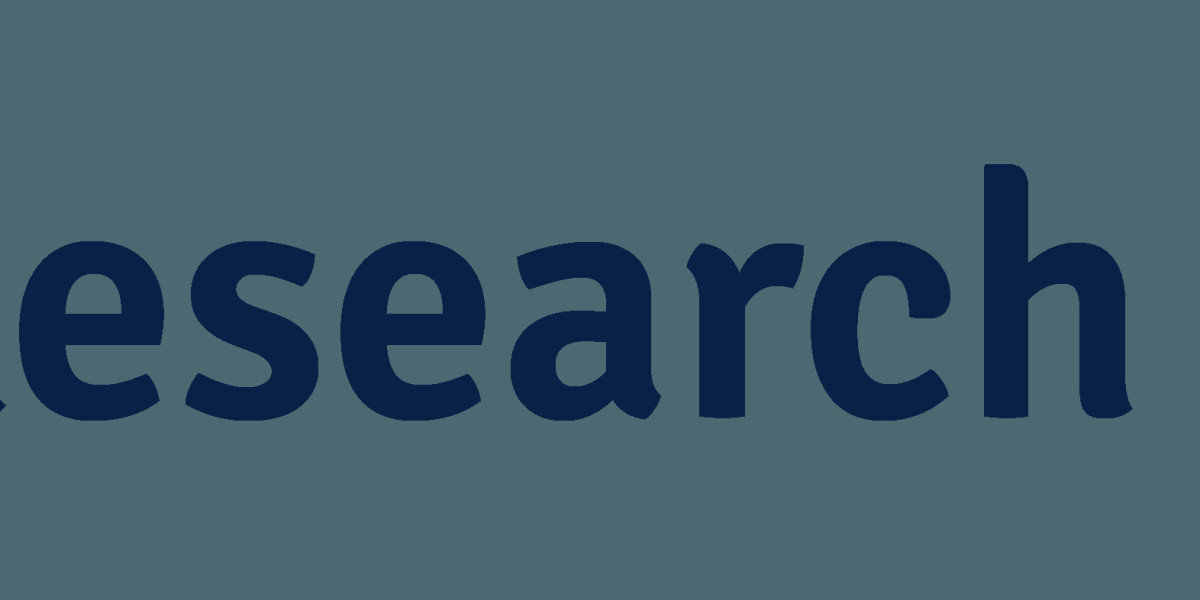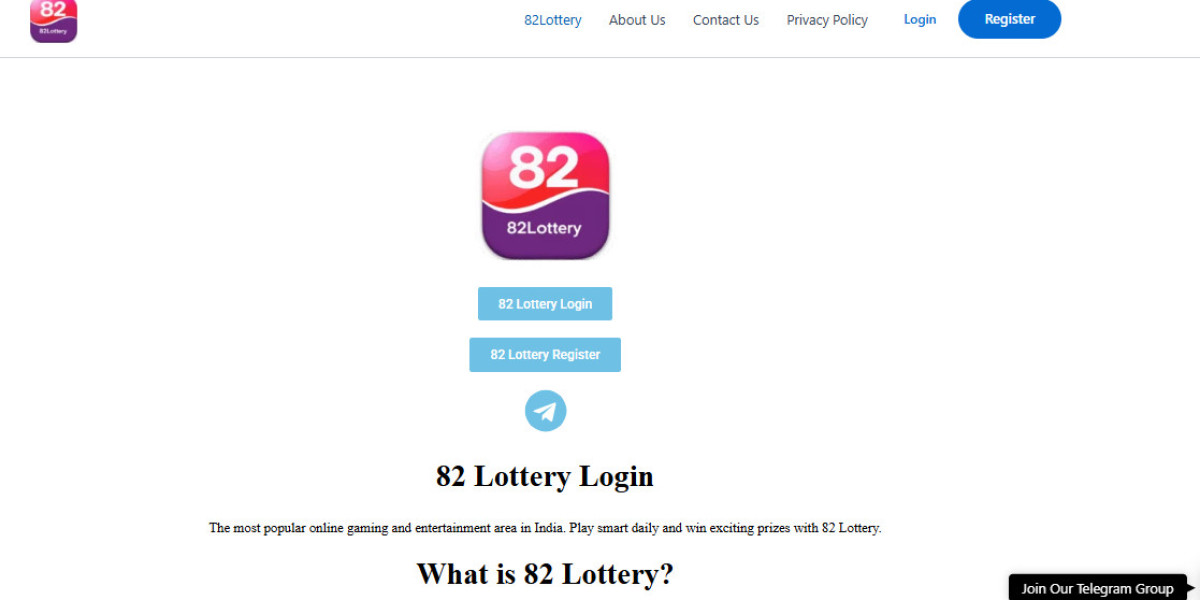The Allergy Immunotherapy Market is witnessing significant expansion as awareness of allergic disorders rises globally. Allergy immunotherapy offers effective treatment for conditions such as asthma, rhinitis, and food allergies, making it an essential component of modern healthcare. Increasing patient preference for long-term, disease-modifying therapies is driving market adoption.
Growing prevalence of allergic conditions across both developed and emerging regions is a major market driver. Environmental pollution, lifestyle changes, and genetic predispositions contribute to higher allergy incidences, reinforcing the need for innovative immunotherapy solutions.
Technological advancements in subcutaneous and sublingual immunotherapy, along with digital patient monitoring tools, are enhancing treatment efficiency. These developments are expected to boost the global market trajectory over the forecast period.
? https://researchintelo.com/request-sample/4400
Market Dynamics
The allergy immunotherapy market is influenced by multiple factors including regulatory frameworks, patient awareness, and evolving treatment modalities. Increased investment in research and development has resulted in more targeted immunotherapy options with improved safety profiles.
Market growth is further supported by rising adoption of preventive healthcare measures. Hospitals and specialized clinics are increasingly integrating immunotherapy programs, contributing to broader treatment access.
Moreover, favorable reimbursement policies in developed regions and patient education initiatives are promoting therapy acceptance, reinforcing market expansion globally.
Key Market Drivers
The following drivers are propelling the allergy immunotherapy market forward:
Rising allergy prevalence: Increasing cases of respiratory, food, and seasonal allergies globally.
Technological innovations: Development of novel immunotherapy techniques, including personalized treatment plans.
Supportive healthcare infrastructure: Clinics and hospitals expanding allergy treatment programs.
Patient preference: Growing inclination towards long-term disease-modifying therapies over conventional symptomatic treatments.
These factors collectively create a favorable environment for sustained market growth and adoption.
? https://researchintelo.com/report/allergy-immunotherapy-market
Market Restraints
Despite positive growth prospects, certain challenges impact the allergy immunotherapy market. High treatment costs and long therapy durations can limit accessibility, particularly in low-income regions.
Patient non-compliance due to frequent clinic visits or perceived treatment complexity also poses a challenge. Additionally, limited awareness of immunotherapy benefits in developing countries restricts market penetration.
Nonetheless, continued awareness campaigns and digital health solutions are expected to mitigate these barriers over time.
Market Opportunities
The allergy immunotherapy market presents multiple growth opportunities. Expanding healthcare infrastructure in Asia-Pacific, Latin America, and the Middle East offers untapped potential.
Emerging digital platforms for patient education and adherence monitoring are enabling wider adoption of immunotherapy treatments. Additionally, research into novel immunotherapy formulations and combination therapies is creating new revenue streams.
Research Intelo projects that these opportunities, combined with increasing healthcare expenditure, will accelerate global market growth over the forecast period.
? https://researchintelo.com/request-for-customization/4400
Regional Insights
North America dominates the allergy immunotherapy market due to advanced healthcare systems, higher allergy awareness, and favorable reimbursement policies. Europe also contributes significantly, driven by strong government initiatives and patient support programs.
Asia-Pacific is the fastest-growing region, fueled by rising allergy prevalence, improving healthcare infrastructure, and expanding patient access. Latin America and the Middle East are gradually adopting immunotherapy treatments, driven by healthcare modernization and policy support.
Market Trends
Key trends shaping the allergy immunotherapy market include the adoption of personalized treatment approaches and sublingual immunotherapy (SLIT) alternatives, which improve patient compliance.
Digital patient engagement tools, telemedicine services, and AI-driven treatment monitoring are emerging as significant market enablers. Moreover, collaborations between research institutions and healthcare providers are fostering innovation and enhancing therapy effectiveness.
Market Value and Growth Forecast
According to Research Intelo, the allergy immunotherapy market is projected to grow steadily at a significant compound annual growth rate (CAGR) over the forecast period. Increasing patient populations, technological advancements, and supportive healthcare policies are expected to drive market value growth globally.
The market expansion reflects broader adoption of preventive healthcare measures, long-term therapy benefits, and improved access to advanced treatment options across multiple regions.
? https://researchintelo.com/checkout/4400
Conclusion
The Allergy Immunotherapy Market is set for sustained growth, driven by rising allergy prevalence, technological innovations, and increasing patient awareness. While challenges such as high treatment costs and therapy complexity exist, expanding opportunities in emerging markets and the rise of digital health solutions offer a promising future.



